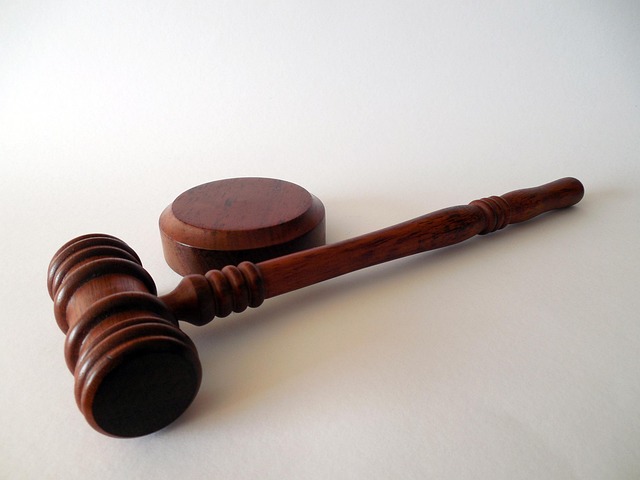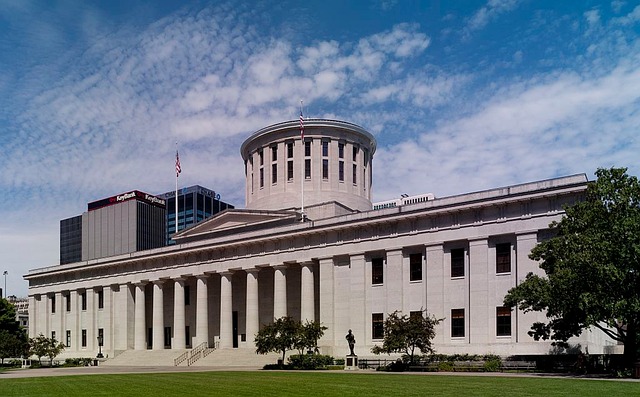Corporate Crime Investigations leverages the Steps in Criminal Procedure Litigation to expose and prosecute white-collar crimes. This structured approach begins with fact-finding, evidence collection, and interviews, followed by legal processes like document reviews and witness statements. Adhering to legal and ethical guidelines, investigators ensure fairness and compliance, aiming for justice through a multi-phased process that culminates in court resolutions. Key steps include open-source intelligence gathering, document and digital evidence acquisition, pattern analysis, and expert witness interviews, ultimately strengthening prosecution cases and securing successful outcomes.
Corporate Crime Investigations delve into complex, high-stakes scenarios where businesses engage in illicit activities. Understanding these investigations involves grasping the intricate interplay between criminal procedure laws and corporate misconduct. This article provides a comprehensive guide through the legal framework, offering a sequential approach to evidence collection and preservation, and exploring effective litigation strategies for proving corporate criminal liability. By navigating steps in criminal procedure litigation, organizations can ensure transparent practices and accountability.
- Understanding Corporate Crime Investigations: Uncovering Illicit Activities
- The Legal Framework: Navigating Criminal Procedure Laws
- Steps in Investigating Corporate Misconduct: A Sequential Guide
- Evidence Collection and Preservation: Ensuring Admissibility
- Litigation Strategies: Proving Corporate Criminal Liability
Understanding Corporate Crime Investigations: Uncovering Illicit Activities

Corporate Crime Investigations delve into complex and intricate matters of business misconduct, uncovering illicit activities that may go unseen for extended periods. These investigations require a meticulous approach, often involving detailed financial analyses, document reviews, and interviews with key personnel. By following structured steps in criminal procedure litigation, investigators can navigate the labyrinthine aspects of white-collar and economic crimes.
Understanding the nuances of corporate crime demands a comprehensive strategy that encompasses evidence gathering, legal compliance, and ethical considerations. The goal is not merely to secure a conviction but also to ensure justice while minimizing potential harm to individuals and organizations. This process involves several phases, from preliminary assessments to final resolutions, aiming for a complete dismissal of all charges if the accused can prove their innocence or if the prosecution fails to meet the burden of proof.
The Legal Framework: Navigating Criminal Procedure Laws

When conducting corporate crime investigations, understanding the legal framework is paramount. The steps in criminal procedure litigation provide a structured approach for navigating complex cases. This involves initial fact-finding and evidence collection, where investigators gather relevant data to establish potential wrongdoing. Once sufficient evidence is secured, authorities initiate formal charges against individuals or entities involved, marking the commencement of legal proceedings.
The general criminal defense strategies become crucial throughout this process, ensuring that all clients’ rights are protected. Legal professionals adeptly guide their clients through all stages of the investigative and enforcement process, from initial interrogations to court appearances. By comprehending and adhering to these steps, investigations remain fair, transparent, and compliant with the governing laws.
Steps in Investigating Corporate Misconduct: A Sequential Guide

Investigating corporate misconduct requires a meticulous approach, adhering to structured steps that mirror criminal procedure litigation. The initial phase involves gathering open-source intelligence and conducting preliminary interviews to identify potential wrongdoings and responsible parties. This stage is crucial for defining the scope of the investigation and establishing a timeline of events.
Subsequently, investigators gather relevant documents and digital evidence through legal processes like search warrants and subpoenas. Analysing this evidence allows for identifying patterns, discrepancies, and potential violations. The final stages involve interviewing key witnesses, taking sworn statements, and presenting findings to prosecutors. Achieving extraordinary results in corporate crime investigations demands a comprehensive understanding of all stages of the investigative and enforcement process, ultimately aiming to secure winning challenging defense verdicts.
Evidence Collection and Preservation: Ensuring Admissibility

In corporate crime investigations, evidence collection and preservation are paramount to ensuring admissibility in litigation. The process involves meticulous steps, aligned with the stages of criminal procedure, to maintain the integrity of the evidence. For his clients, this includes a thorough review of relevant documents, digital records, and physical evidence, often spanning multiple jurisdictions across the country. An unprecedented track record in handling complex cases demands a deep understanding of these procedures, ensuring that every piece of evidence is collected, documented, and preserved according to legal standards.
Expert investigators employ strategies tailored to each case, including obtaining search warrants, conducting interviews, and utilizing advanced technology for data extraction. Strict protocols are followed to prevent contamination or alteration of the evidence, with a focus on maintaining its chain of custody. This meticulous approach guarantees that the collected evidence will be admissible in court, strengthening the prosecution’s case and contributing to successful outcomes.
Litigation Strategies: Proving Corporate Criminal Liability

Proving corporate criminal liability is a complex task that demands strategic navigation through the intricate steps of criminal procedure litigation. To achieve extraordinary results in these high-stakes cases, investigators and legal teams must master every phase, from evidence collection to presentation. This involves meticulously documenting and preserving relevant facts, identifying key decision-makers within the corporation, and reconstructing the sequence of events leading up to the alleged crime.
The goal is not merely to establish guilt but to demonstrate a clear chain of responsibility where corporate actors played an active role in facilitating illegal activities. Through robust witness interviews, document analysis, and expert opinions, investigators can build a compelling narrative that resonates with both the court and jury trials. Leveraging an unprecedented track record of successful cases fortifies this strategy, showcasing the team’s ability to navigate complex legal landscapes and deliver justice.
Corporate crime investigations are complex endeavors that demand a thorough understanding of both illicit activities and the legal framework. By following a structured approach, from evidence collection to litigation strategies, professionals can navigate the intricacies of criminal procedure laws effectively. Mastering these steps is key to proving corporate criminal liability and ensuring justice in today’s business landscape.






